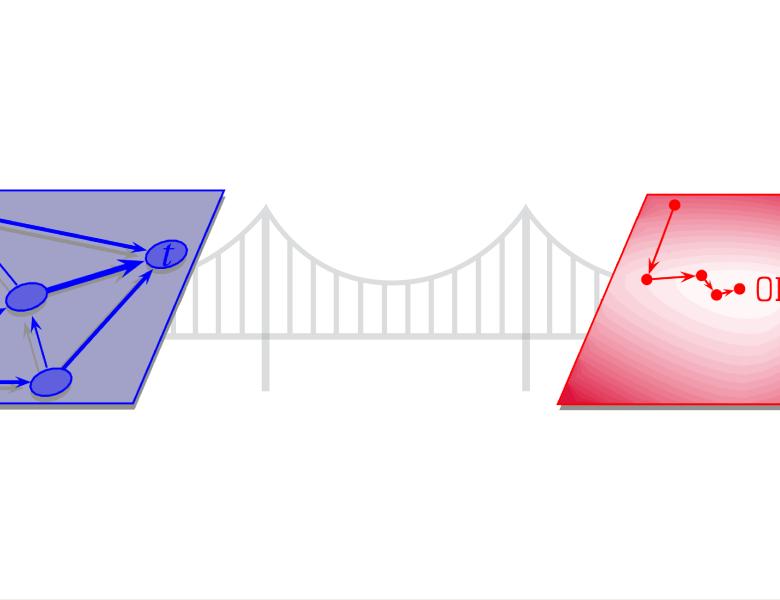
Abstract
Conventional wisdom asserts that linear programs (LPs) perform poorly for max-cut and other constraint satisfaction problems, and that semidefinite programming and spectral methods are needed to give nontrivial bounds. In this talk, I will describe a recent result that stands in contrast to this wisdom: we show that surprisingly small LPs can give nontrivial upper bounds for constraint satisfaction problems. For example, in a random $\Delta$-regular $n$-vertex graph, the $\exp(c \frac{\log n}{\log \Delta})$-round Sherali--Adams LP certifies that the max cut has value at most $50.1\%$. In random graphs with $n^{1.01}$ edges, $O(1)$ rounds suffice; in random graphs with $n \cdot \log(n)$ edges, $n^{O(1/\log \log n)} = n^{o(1)}$ rounds suffice.


